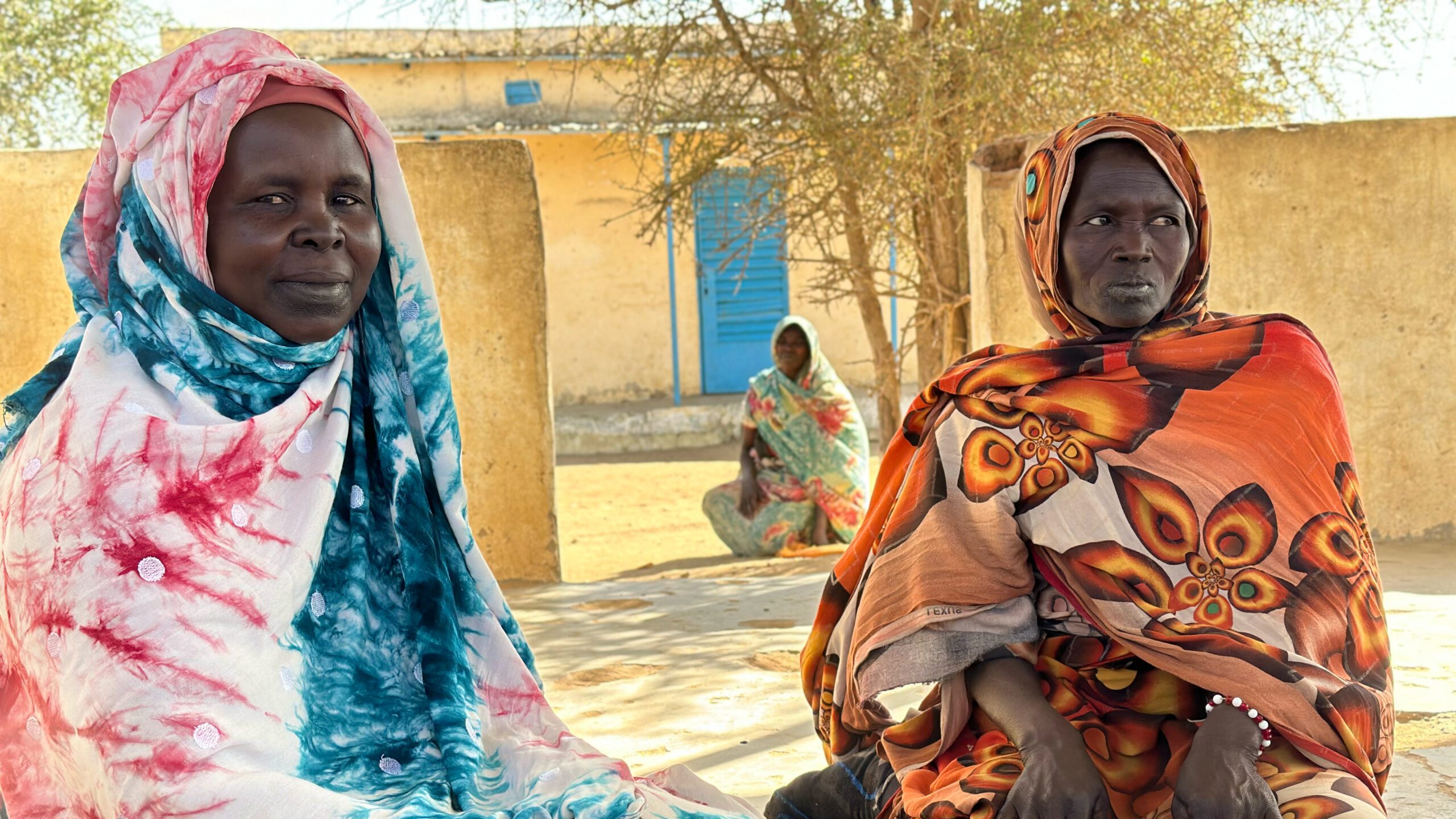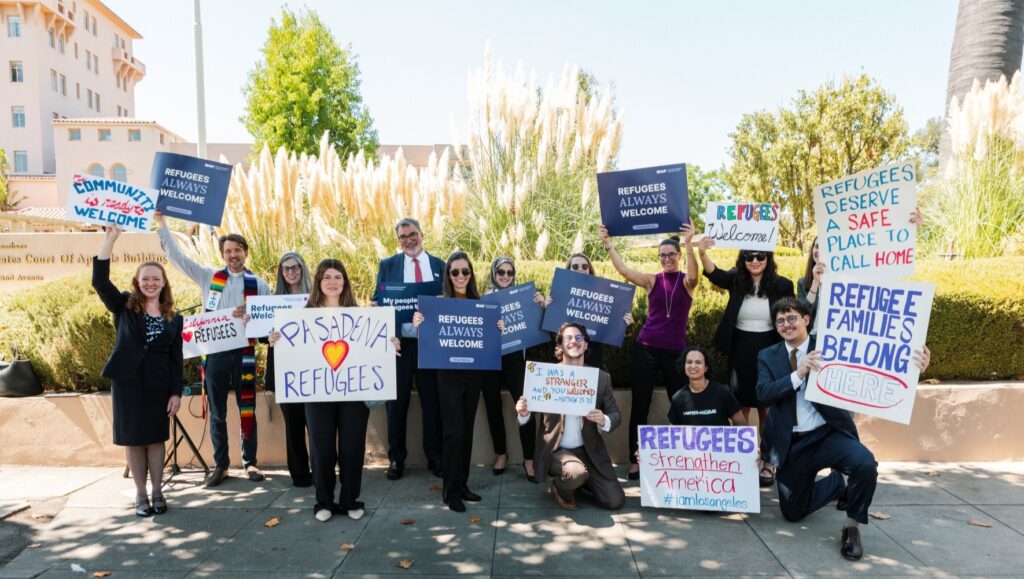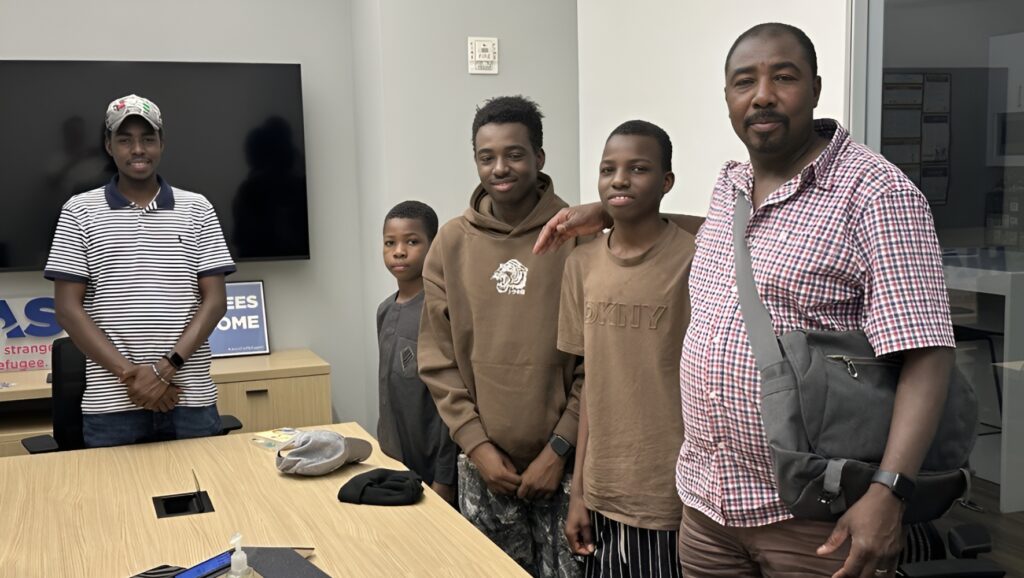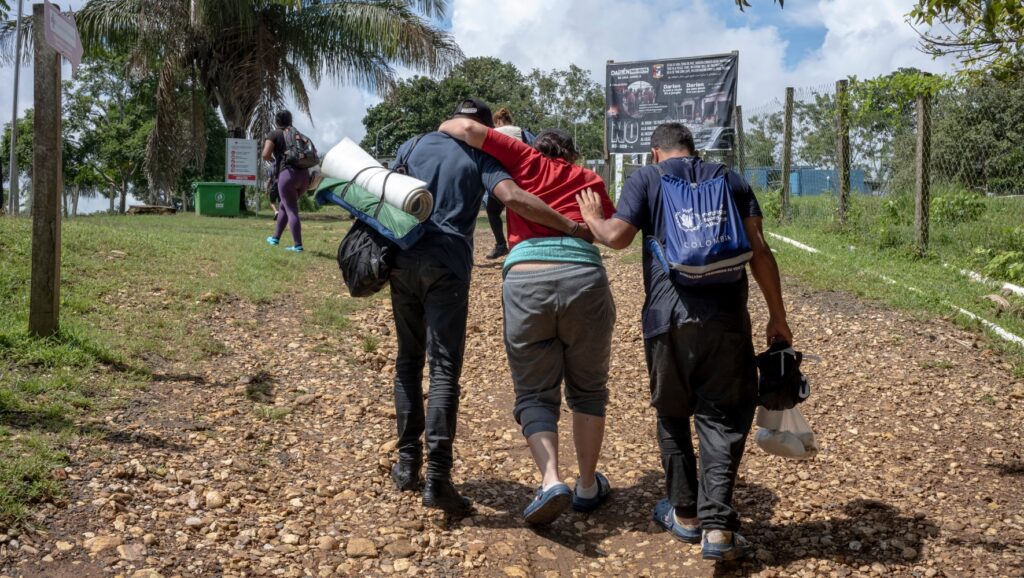
This article was adapted from a letter signed by 464 members of the HIAS Clergy Council and released on April 15, one year after the start of the present crisis in Sudan. Find out how to join the council.
We as American Jewish clergy call upon you as our elected officials to remember and respond to the humanitarian crisis currently impacting millions of people in Sudan and across the region. When a crisis becomes forgotten, it cannot be solved.
This April marks one year since conflict erupted in Sudan. Today, more than half of the country’s residents — 25 million people — require humanitarian assistance. Despite this extraordinary level of need, the crisis has not sustained global attention or focus.
In stories throughout Jewish tradition, people’s suffering begins to be addressed when “God remembers.” When God remembers Noah, a wind is sent to calm the waters for the ark to land. God remembered the covenant with the outcry of enslaved Israelites in Egypt and initiated the exodus. The act of remembering, of calling to mind, is the first essential step to address suffering.
More than 20 years ago, when conflict first began in the Darfur region of Sudan, the American Jewish community helped lead the call to end violence and help civilians in need. Since then, organizations like HIAS have been working without the global spotlight — operating in 13 refugee camps in Chad for those who have been forced to flee their homes.
Although Chad is one of the world’s poorest countries, it has hosted hundreds of thousands of refugees for years and has kept its doors open to the refugees arriving every single day. The renewed conflict over the past year has only exacerbated the existing humanitarian crisis in a country and region that has largely been absent from global consciousness.
On this anniversary of the reignition of conflict in Sudan, we remember and we raise up the nearly 14,000 people who are estimated to have been killed. The tens of thousands more injured. The 10.7 million people currently displaced within and outside the country. We commend the newly-appointed U.S. Special Envoy for Sudan for his efforts to end the hostilities and secure humanitarian access, while at the same time recognizing that such access is only meaningful when there is aid to deliver.
Accordingly, we urgently ask you, our elected officials to support robust funding for sufficient international humanitarian aid that will reach this neglected crisis. At the same time, decision-makers like you must do more to raise public consciousness of this issue. Only with more sustained political attention and diplomatic engagement will we begin to bring to light the scale of humanitarian need already in existence and prevent the spillover of conflict into Chad.
Just as God remembers and responds, we call upon you as our leaders to remember and respond. As this conflict enters its second year, we insist you ensure it remains a focus of attention for our government, our nation, and our world.



